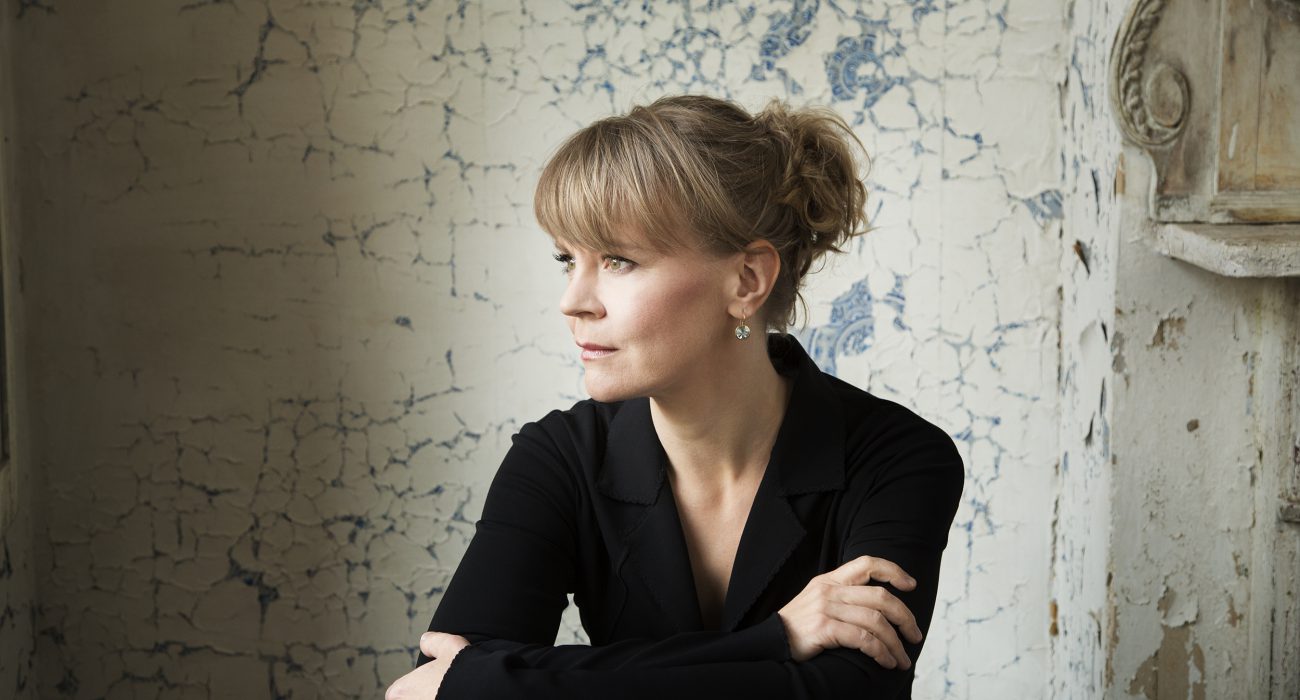For women conductors, the glass ceiling has cracked, but it hasn't yet shattered.
While the disproportionate representation of men to women on the podiums of symphony orchestras is no longer big news in the classical music world, the disparity remains a cause for widespread concern. A recent survey by the League of American Orchestras showed that, of the 103 largest-budgeted ensembles, only 12 have female conductors, while just one of the 22 orchestras in the top tier was led by a woman.
The situation hit home this season when Marin Alsop, music director of the Baltimore Symphony, who’s been one of the most outspoken conductors on the subject, made her long-overdue downtown debut with the Chicago Symphony Orchestra. And her Finnish colleague, Susanna Malkki, is returning to the CSO to lead a week of concerts at Symphony Center, beginning Wednesday night.
Each gifted conductor has made considerable inroads in a male-dominated sphere of the performing arts — Malkki will become chief conductor of the Helsinki Philharmonic Orchestra this fall — and has won the respect of the press, the public and orchestral musicians. In the classical music macrocosm, however, many women conductors still find it hard to receive the professional experience they need at the outset of their careers, and sexist attitudes persist.
